Hues
2017–2022
"Hues" is an exploration into the impact of cultural lineages on the shaping of queer identities. A form of participatory portraiture celebrating community, the work amplifies queer visibility, inverting the role of the photographer as I joined each collaborator in front of the camera.
Created during the span of five years, the series consists of over 60 collaborative portraits across queer communities within the San Francisco Bay Area.
“I am a queer black person. As a descendant of the Southern slave trade, I’m flipping the script of patriarchy,” avows Beatrice Thomas. “Like the Black Panthers, I’m a protector of my community, claiming female power.”
"Our expressions, attires, behaviors, and relationships will be forever free when we let go of this prescriptive binary social construct. We can liberate ourselves and ride into the sun," said Anjali Rimi, a Canadian-American transgender community leader of South Asian descent.
Zulfikar Ali Bhutto (a.k.a. Faluda Islam) grew up in Pakistan. In Arabic poetry, a deer often symbolizes an effeminate young man. In Brazil, the word deer ('veado') is commonly used as a slang to insult gay men.
Amber Field was born in Korea and adopted as a baby by a white American woman who worked in the US Foreign Service. "Raised on a horse farm in the Midwest, I face the wild ride of being queer and non-binary in these traditions and in the many other cultures I've lived."
Chase Conrad started playing sports when he was 6 years old. As an athlete from Pasadena, CA, he didn't have any gay role models growing up.
"Growing up in the United States, I have been asked if I lived in a teepee and what ‘kind’ of Indian I was," says Bhumi Patel. "For brown folks, I'm often seen as too queer, and for queer folks, I'm often seen as too brown."
A. S. is Iranian. “I left Iran carrying my queer identity as a secret, as there was a lot of cultural shame. Like the expectation of a woman marrying a man, there are still existing traditional norms challenging the freedom of gender expression."
“Self-identified as non-binary transmasculine, Eli Chi comes from a Chinese family who immigrated to the United States from Cuba. He’s one of the founders of the Tender Bois Club, a music production house modeling the kind of tender, creative, and connected masculinity he wishes to see in the world."
As a queer kid raised in Minnesota, Stevie Sokolouski found solace in playing the cello. Music and fashion were instrumental in the exploration of their queer identity from a young age. Stephen uses gender-neutral “they/them/their” pronouns.
“I reimagine Ophelia as a survivor,” affirms Monique Jenkinson, whose alter ego named Fauxnique uses drag to consider the performance of femininity as a powerful, vulnerable and subversive act.
“Rural suburbia kept me feeling buried for far too long. I had no gay peers,” says Kevin Clarke, an actor descended from Irish farmers, who grew up in Pennsylvania.
"In Black America during my childhood, there were many euphemisms for gay men. We are sweet, like sugar and candy—taboo and desired," says Ramekon O'Arwisters, who grew up in North Carolina. "He's got sugar in his loafers," his father used to say.
"I'm Mexican born, honoring the remnants of my indigenous legacy at every step and breath of my path," says Gisella Ramirez who grew up in East Los Angeles. "Cultures are not meant to be stagnant, they are meant to evolve," she states.
After graduating high school in economically disadvantaged Appalachia, Corey Christopher's family expected him to join the US Armed Forces, as it was seen as a pathway to a better life. But homosexuals were not allowed to serve in the military in those days.
“A lot of the stress involved in my coming-out process was self-inflicted, since being gay didn’t fit into my ideals of perfection,” said Jerrod Littlejohn. “When I allowed myself the latitude to be the best part of my upbringing, that’s when I truly embraced my sexuality.”
